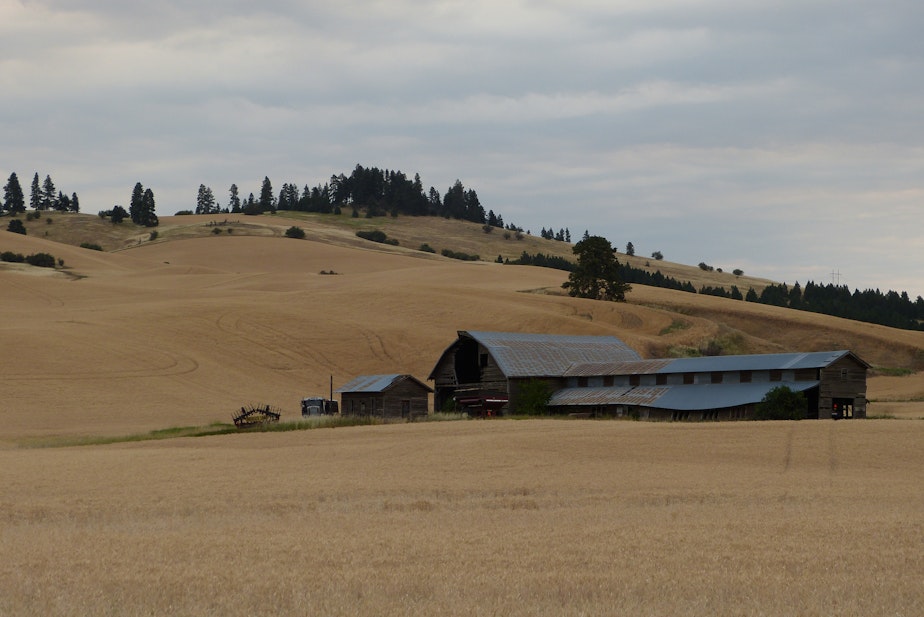Rural communities desperately need more pharmacists. A new initiative aims to help

Around the country, many small communities are dealing with the issue of “pharmacy deserts.”
A combination of widespread retirements and high operating costs is leading to a shortage of pharmacists and pharmacies. In rural communities across Washington state, those in the profession are usually the first person residents see for medical care.
The "Rural Health Initiative," new program at Washington State University, is looking expand access by drawing more pharmacists to smaller communities.
Erik Nelson operates four pharmacies along the Washington and Idaho border. In a town of roughly 10,000 people northwest of Spokane, the local pharmacist is an important service.
"We're the most accessible health care provider in the in the health care system," Nelson said. "Any pharmacy, you walk in the door and talk to a pharmacist within a matter of minutes."
In the winter, the single main road through Nine Mile Falls can close at a moments notice, meaning all medical care for the town is funneled to the pharmacy.
"We're basically the frontline for people's health care without having to drive a half an hour plus," Nelson said.
But operating those pharmacies open is getting more difficult.
Sponsored
When someone buys a prescription through their insurance, a pharmacy benefit manager is in charge of reimbursing the pharmacy for its costs. Many pharmacies operate at a loss from this side of the business and make up that shortfall in sales from other goods. But in a rural community, those auxiliary services aren't as readily available as in urban centers.
"I would say probably 30% to 40% of the prescriptions that we fill, we get reimbursed at or below our cost," Nelson said. "There's no profit in it. And it doesn't have to be huge profit, but it's got to be enough to pay the pharmacist."
Identifying where there's a lack of pharmacies and training a new cohort of rural pharmacists is the mission of a new program launched by Washington State University called the "Rural Health Initiative."
Formed from an anonymous $2.2 million dollar donation last year, the initiative is currently training its first cohort at WSU's Pullman and Yakima campuses, where students spend time across Washington to understand where pharmacy deserts exist and to identify the health needs of rural communities.
Soundside spoke with Julie Akers, co-lead for the initiative, about the downstream effects of a lack of pharmacies and the scope of the new program.
Sponsored
Listen to the full segment by clicking the "play" button on the audio above.





